Indians’ paradox on Human Rights: Ipsos Survey
According to a new survey by Ipsos on Human Rights, Indians are aware about the broad contours of Human Rights with the majority of them advocating the merits of them for a better living.
The survey shows that at least 69% Indians claim to be aware of Human Rights and view it in positive light in different ways: 8 in 10 Indians support a law on Human Rights (78%); 71% believe strongly in Human Rights, 69% believe that the law makes life positive and 74% believe it creates a fairer society. At the same time, the majority warns and believes people take unfair advantage of Human Rights (67%) and a significant number of Indians believe those benefitting from Human Rights are the undeserving - the criminals and terrorists (53%).
“The Law on Human Rights empowers the society, mitigating risks of injustice. Human Rights is protective and ensures fair treatment,” says Parijat Chakraborty, executive director, Ipsos Public Affairs.
Interestingly, from the United Nations’ Declaration of Human Rights and the fundamental rights that need to be protected, out of the total of 30 different rights, the top ones chosen by Indians were Freedom of Speech (39%), Right to Vote (31%), Right to Privacy (30%), Right to Security/ to be Safe (27%), Right to equal treatment before the law (25%), Right of children to free education (25%), Freedom of thought and religion (24%), Freedom from discrimination (such as race, colour, gender, language, religion, disability, national or social origin, or any status) (22%), Right to work, and to equal work for equal pay (22%), Right to free or low cost, healthcare (19%), Right to freedom from slavery or forced labour (16%) among others.
So, which groups need most protection for their Human Rights?
Indians have handpicked an interesting mix of groups that need most protection for Human Rights: Women (57%), Children (48%), Older People (42%), People who are disabled (37%), People on low incomes (34%), People with little or no education (30%), the Unemployed (28%), Religious minorities (24%), LGBT (23%), Young People (21%), Refugees (20%), Immigrants (20%), Ethnic minorities (19%), among others.
“For Human Rights’ protection, Indians’ list is dominated by the marginalized, weaker sections of society, less privileged, the infirm, minorities, etc. The groups that might not be deemed with the rights by the society per se,” adds Chakraborty.
Human Rights Organizations
Among the plethora of Human Rights Organizations working tirelessly towards bringing justice to mankind, the most recalled among Indians in the pecking order, were: The United Nations, International Committee of Red Cross, Human Rights Campaign, International Federation for Human Rights, Amnesty International, Human Rights Watch, Global Rights.
And which are the Human Rights Organizations rated best by Indians for their stellar performance in their contribution? The International Committee of the Red Cross (ICRC) is tied in with the Human Rights Campaign (HRC) at the first spot, followed by the International Federation of Human Rights (IFHR) and UN Watch at the second spot, the United Nations (UN), International Rights Protection Office (IRPO) and Liberty are all placed third, among others.


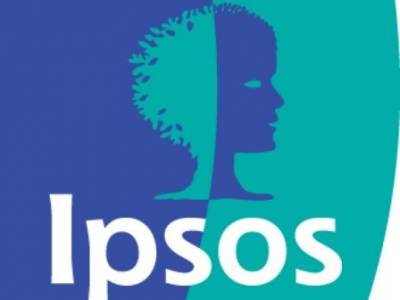
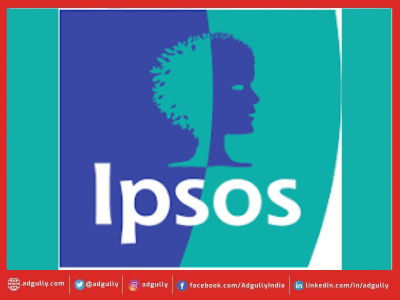
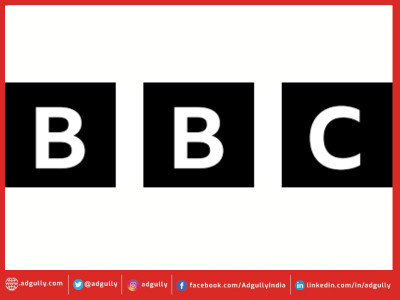
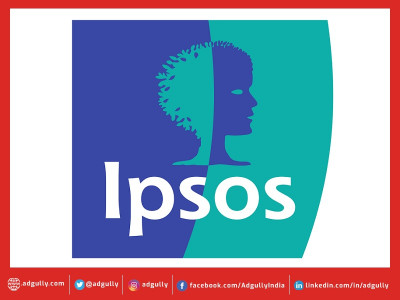
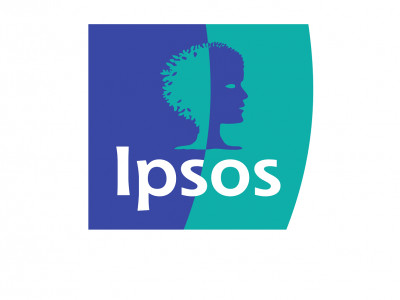
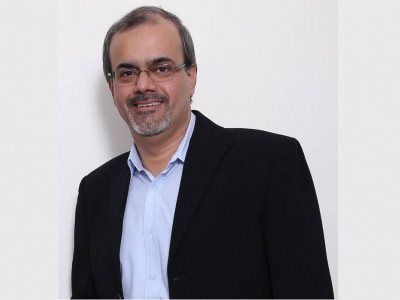




Share
Facebook
YouTube
Tweet
Twitter
LinkedIn